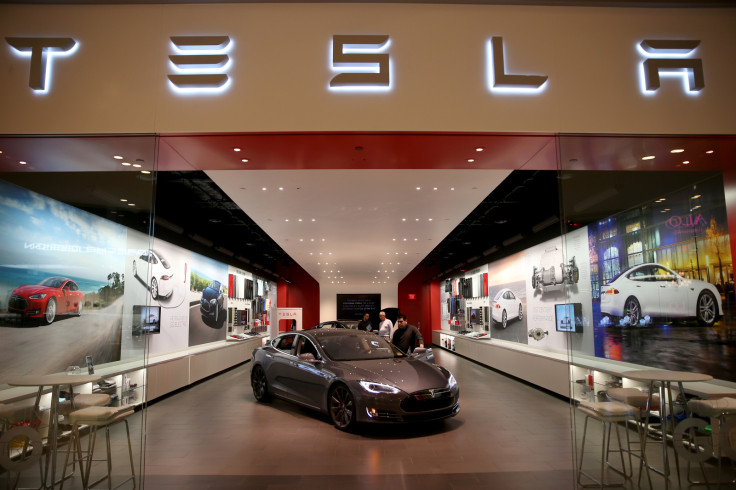Video shows Tesla Model 3 autopilot saves driver from collision
Tesla's autopilot feature is in the news after users posted videos on social media hailing the accident evasion maneuvers that saved many from head-on collisions and crashes.
Tesla's autopilot feature is in the news after users posted videos on social media hailing its accident evasion maneuvers that saved many from head-on collisions and crashes.
The recent surge of videos outweighs mainstream media's discourse on Tesla's stock price, Elon Musk's tweets, and subdued coverage on its automotive innovations including Tesla's autopilot.
According to reports, a plethora of videos is depicting how Tesla vehicles on Autopilot avoided tragic collisions.
The most recent one was a video posted on Reddit showing how a Model 3 was able to swerve out collision after almost careening into a car ahead.
"This morning I was rear-ended coming to a stop by a lady driving about 40-50 mph," the uploader of the video noted. Tesla's dash cam feature captured the incident.
The car owner swears that the swerve in the video was not by him. "I think it was the Tesla that avoided the front collision. It saved me from bigger damage."
My Model 3 saved my family from a crash today. A pickup in my right lane suddenly jumped into my lane and see how this guy reacted. It is amazing.@Tesla @elonmusk .. can't thank enough. @teslaownersSV pic.twitter.com/LCyL3jynRw
— Raghu Konka (@RaghuKonka) April 22, 2019
In fact, this was the second Autopilot video in the last 15 days. Two weeks ago, yet another Tesla owner thanked Autopilot feature for saving his family with a timely swerve in a near miss situation.
More Tesla owners are coming forth to highlight the capability of Autopilot's accident-saving potential by virtue of the impressive maneuvers.
Impressive stride by Tesla
According to an analyst, the autopilot system has obvious limitations in making aggressive steering maneuvers.
Nevertheless, the spate of videos by thankful owners in recent weeks highlights its utility in avoiding serious mishaps.
If these reports are true, and if Tesla autopilot is really behind that aggressive collision avoidance swerves, it is a promising development in the collision avoidance technology.

China tariff problem for Tesla autopilot
Meanwhile, the Trump administration's refusal to exempt Tesla's Autopilot technology from punitive import tariffs may disrupt its ambitious self-driving plans and timelines.
On the Autonomy day in April last, Tesla CEO Elon Musk unveiled advanced Autopilot 3.0 hardware, along with a new custom chip to enable full self-driving (FSD) operation for all new vehicles.
This hardware, now standard in all Model 3, S and X vehicles will cost customers $6,000 extra as an FSD software upgrade.
But the twist is that the module is assembled in China's Shanghai by a company named Quanta Computer.
Despite Tesla's American roots, White House has refused to grant the automaker any exemption from 25 percent tariffs on Chinese imports.
Tesla fears the tariffs would make it stop production of self-driving computers in China and delay their introduction for vehicle safety.
"The imposed tariffs are forcing us to either source a new supplier, pass the cost increase to the end customer or reduce operational costs within our internal operations, all having a reverse impact for what we believe to be the intention of the tariff," the company wrote to the United States Trade Representative (USTR) seeking relief from the tariffs.
This article originally appeared in IBTimes US.
This article is copyrighted by International Business Times, the business news leader





















